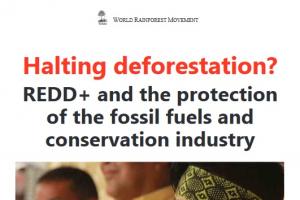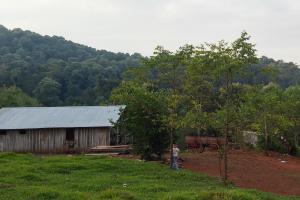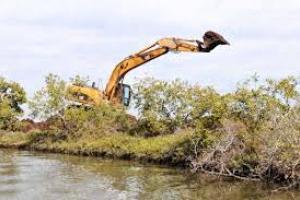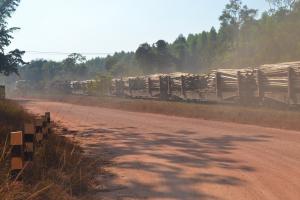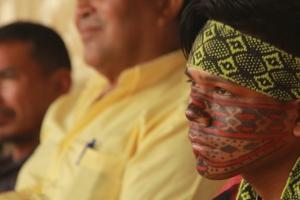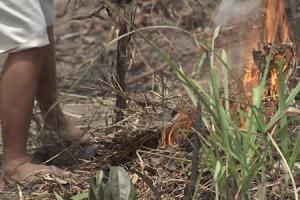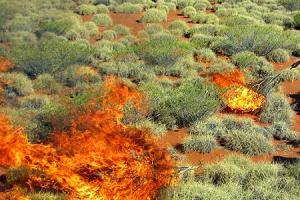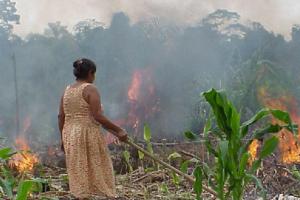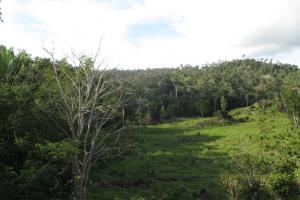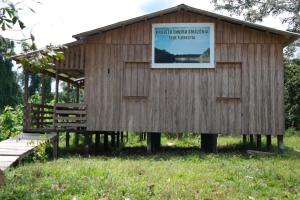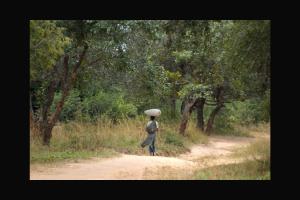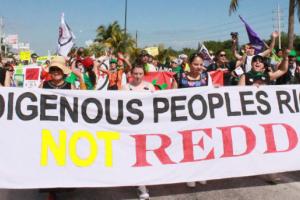Carbon offsetting and REDD
Reducing Emissions from Deforestation and Degradation (REDD+) has become the dominant international forest policy. Variations of REDD+ include Nature-Based Solutions and corporate pledges to achieve Zero Net Deforestation. In reality, though, deforestation continues, polluting companies use REDD+ offsets to avoid reducing their fossil fuel emissions, and zero-net deforestation pledges allow forests to be cleared in one area as long as an “equivalent” area is restored elsewhere.
2019 | Halting Deforestation? REDD+ and the Protection of the Fossil Fuels and Conservation Industry
This September 2019, the California Air Resources Board (CARB) will make another attempt at pushing through the California Tropical Forest Standard.
While the destruction of forest territories continues, more pledges, agreements and programs are being implemented in the name of ‘addressing deforestation and climate change’.
Blue Carbon (or Blue REDD+) appeared as a new carbon offset scheme between emissions and carbon absorption in coastal territories. However, organizations in Indonesia warn that the initiative is a strategy to change the coastal and marine territories into tradable assets .
For years, WRM has been warning many certified monoculture plantations in Brazil have been established on land for which titles were obtained fraudulently. This article discusses the case of two companies that operate in the Brazilian Amazon: Agropalma and Jari Florestal.
A compilation of articles from the World Rainforest Movement Bulletin on the occasion of the Global Climate Action Summit to be held 12-14 September, in California, United States
Forest peoples’ knowledge and practices of the use and management of controlled fire in forests have been identified within climate change policies as the cause of forest fires. Nevertheless, fire is critical for ensuring the food and cultural sovereignty of forest peoples.
Today, a capitalist conception of fire dominates. But vernacular conceptions continue to evolve and struggle against it.
Fires in the Amazon are occurring more frequently and with greater intensity. But who is really burning the forests?
The FSM-REDD project has sold carbon credits to offset programs for at least two airline companies. Yet behind this is an increase in deforestation in the region, a history of land grabbing, the use of certifications that no longer exist and unfulfilled promises to local communities.
A rubber tappers community, part of a 40,000-hectare REDD+ project, faces a difficult struggle to maintain their way of life. The project has already sold carbon credits, yet to date only provided the local community with dental kits and a visit to the dentist.
Zambia’s peaceful context and strategic geographical location, combined with a desperate hunger for foreign direct investment, positions the country at the frontline of the global wave of resources grabbing, the crisis of global capital and the capitalisation of climate change
